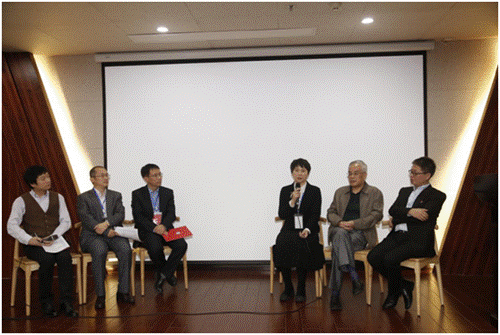Focus on academic frontiers and explore the development of disciplines. On the occasion of the 100th anniversary of the School of Information Management at Wuhan University, the Symposium on Academic Frontier of Library Information and Data Science was successfully held in the lecture hall on the third floor of our school on the afternoon of October 18.
People attended thesymposiumwere as followings:
Professor Lixin Xia, Vice President of Central China Normal University,
Professor Jianjun Sun, Dean of the School of Information Management, Nanjing University,
Professor Huanwen Cheng, Director of Literature and Cultural Heritage Management Department of Sun Yat-sen University,
Professor Shujin Cao at the School of Information Management, Sun Yat-sen University,
Professor Jing Zhang, Executive Associate Dean of the School of Information Management, Sun Yat-sen University,
Professor Shuiqing Huang, Director of Humanities and Social Sciences Department of Nanjing Agricultural University,
Researcher Zhixiong Zhang, Director of Literature and Information Center, Chinese Academy of Sciences, Wuhan,
Professor Jingli Chu, Director of Department of Library Information and Archival Management at University of Chinese Academy of Sciences,
Professor Xiwei Wang, Associate Dean of the School of Management, Jilin University,
Professor Bing Liu, Dean of the School of Management, Tianjin Normal University,
Professor Cui Huang, Director of Department of Information Resources Management, Zhejiang University,
Professor Shengyong Jin, Director of Education and Teaching Quality Assessment and Teacher Development Center of Hebei University,
Professor Jiaoteng Gong, Associate Dean of the School of Public Administration, Xiangtan University,
Professor Xing Zhao, Deputy Director of Department of Economics and Management of East China Normal University,
Professor Chuanfu Chen, Dean of the Graduate School, Wuhan University,
ProfessorQing Fang, Dean of the School of Humanities and Social Sciences of Wuhan University,and representatives of teachers and students of our school.
Professor Gang Li, Director of Center for Studies of Information Resources, Wuhan University and Professor Yuhai Li, Dean of the School of Information Management of Central China Normal University, presided over the first and second session of the symposium respectively.
In the keynote speech of the first session, Chuanfu Chen proposed that the overlook of discipline content included three aspects, which were the origin and development of Library and Information Science, the ecology and challenges of Library and Information Science, and the future development of Library and Information science. Judging whether it is a discipline or not mainly depends on whether it has its own theoretical system, the education of social identity, the corresponding professional culture and whether it is recognized by the society. In the early 19th century, Martin W. Schrettinger first put forward the concept of Library Science, and until now, metadata and linked data have been well developed. With more and more military technology being used for civilian use, library discipline has changed. From 1948 to the beginning of this century, it gradually evolved from Library and Information Science to Library, Information and Data Science, forming an open and multi-disciplinary ecological environment. He said that the discipline need to pay close attention to the impact of academic ecological development, changes in public information acquisition habits, and social practice changes on the discipline. On the future development of the discipline, he proposed to establish the discipline value, emphasize the core of the discipline, and strengthen the discipline construction. In order to make the discipline more competitive, it is necessary to construct Library, Information and Data Science as a whole independent.
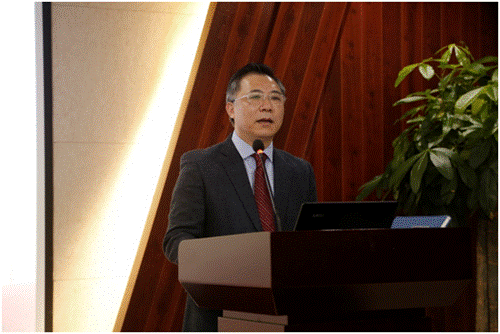
Jianjun Sun said that in the era of big data, the value of data is constantly improving, and the computational social sciences are showing explosive growth. University need to reshape the corresponding structure to solve the problems of interdisciplinary integration and diversified teachers' academic backgrounds. Disciplines should solve important practical problems and promote cooperation among academia, industry and government. He pointed out that data-enabled models are emerging. In the process of discipline development, it is necessary to absorb and expand the emerging interdisciplinary systems such as data science and intelligent science, and solve the problems of discipline crisis and discipline growth space. In the development of data element market, there will be a lot of theoretical needs. How to put forward the research problems to adapt to the changes of the times in the new paradigm. He said that from the data revolution to the causal revolution, the paradigm of data science is changing from the data centered paradigm to the science centered paradigm, with equal emphasis on correlation analysis and causal analysis. In the process of the development of library, information and archival management, we should adhere to our own roots and make good use of "data" to empower. He put forward "five questions" for the future development of library, information and archival management: how to create a new era label of the discipline, how to promote a broader discipline balance, how to reform the existing curriculum system combined with the characteristics of the discipline, how to realize the appropriate integration of library, information and archival management at the art and scientific levels, and how to highlight the value and significance of the discipline at the national strategic level.
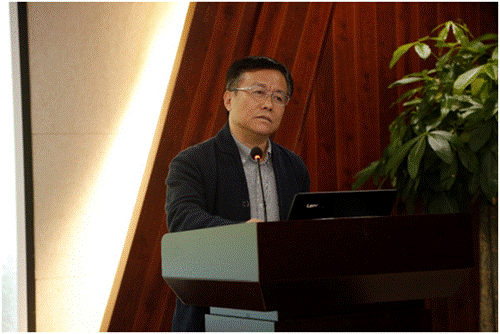
Lixin Xia believed that six phrases could be used to summarize the changes of the times and the development of the discipline. First, great changes not seen in a century. The country is stepping on a new journey of strengthening itself. The development of the Party and the country needs a large number of top-notch innovative talents. As educators, their original intention is to educate people for the Party and the country, and to do a good job in the cultivation of builders and successors of socialism with Chinese characteristics who are developing morally, intellectually, physically, aesthetically and laboriously comprehensively; the second was the fourth industrial revolution. Cloud computing, Internet of things, big data, virtual reality and other technologies are gradually developed and mature, and new formats, positions and application scenarios are constantly emerging. It is necessary to cultivate talents with high-level thinking ability to solve complex problems and bottleneck problems; the third was the integration of research and education. In order to promote scientific research to the height of education, it is more important to shape people's character and ability; fourth, integration of production and education. If we do not pay attention to the changes and needs of the industry, it is to use yesterday's knowledge to cultivate future talents; fifth, ideological and political courses. Teachers need to cultivate students' correct views of value so as to achieve the organic unity of teaching and education; sixth, classified training. Pay attention to practical innovation ability and the ability to solve practical problems, cultivate students' ability to discover, solve and explore unknown problems.
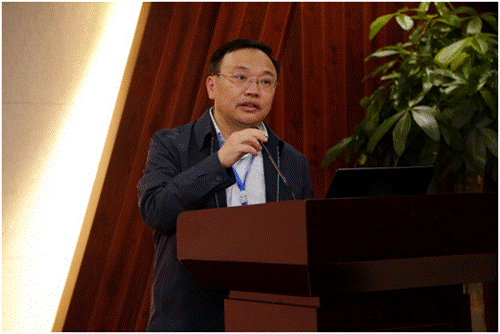
Huanwen Cheng proposed that only by looking back at the past 100 years and not being confused by the illusion of the times, can we understand how the discipline should develop in the next 100 years. Taking the three time nodes of Boone Library School as an example, he said that in order to be upright and innovative, we should always keep in mind the root and original intention of the discipline. He believed that the original goal of the discipline was to realize the social value of the library, so that the public could read books. The establishment of a discipline is based on its educational purpose. Library, Information and Archival Management’s mother is Library Science, while Archival Management and Information Science are derived from the core value and social value of Library Science. In the next hundred years of development, we need to think about how to consolidate roots and maintain original goal.
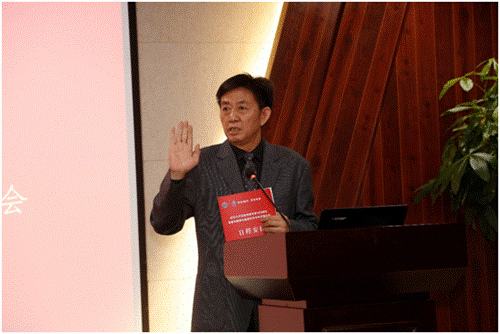
In the following discussion, Jing Zhang proposed that the main line of discipline construction was talent cultivation. Under the background of modern China's higher education, undergraduate training should be the most important. How should undergraduate talent training be changed in order to adapt to the cross integration of different disciplines and complete the innovation of undergraduate talent training? Lixin Xia distinguished the concepts of discipline, discipline construction and specialty, and believed that the cultivation of talents for industries and related positions needs to be maintain root. The existing of traditional libraries and archives is a symbol of social and cultural symbols, data, information, knowledge, intelligence is the core content of the discipline, the major is an important carrier of personnel training, which should rely on the discipline team, professional areas, to form a characteristic talent training system; Huanwen Cheng said that the direction of talent training was not set by teachers, but depends on the country and social needs, the construction of all disciplines is also for the needs of the country and society, rather than for external conditions such as positions and salaries.
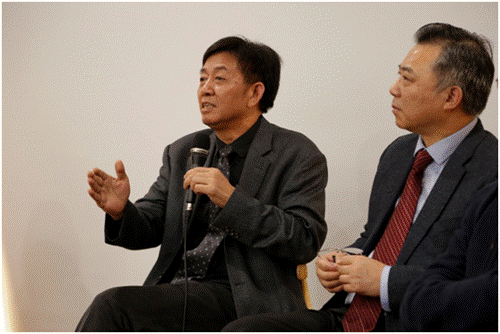
In view of Jiaoteng Gong’s proposal on how to carry out the research and construction of Library's basic theory, Chuanfu Chen proposed that for different levels of undergraduate, master's and doctoral education, the talent training objectives and positioning of the Ministry of Education are different, and the talent training mode of each university is also different. The discipline should highlight the characteristics of talent cultivation and discipline specialty. Secondly, the basic theoretical research is not necessarily about the nature and type of library, but needs to look at the needs of society, the country and the major, make the social value of the discipline work, and enhance students' sense of professional pride and honor.
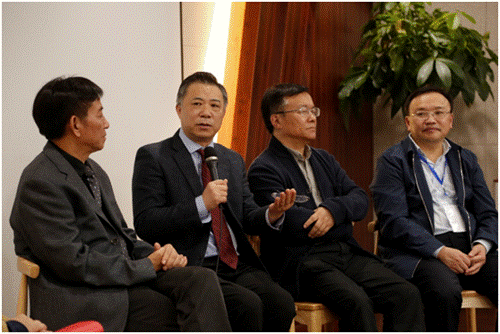
In view of the problems raised by Cui Huang, such as how to stick to the "root" of the discipline, how to make the discipline more powerful in the process of interdisciplinary integration, how to extract the knowledge that can face the future 100 years, and how to embrace tomorrow on the basis of integrity. Chuanfu Chen believed that the original intention of Library Science is to serve the society, and the service society can only use the special ways and methods of professional fields, while Information Science’s "root" is mainly to serve science and technology. However, what different subjects have in common is the use of knowledge, information and wisdom for development. Jianjun Sun said that the curriculum needs to be reformed, whether it is teaching or discipline construction, it needs to meet the needs of discipline development. Regarding the teaching innovation, Lixin Xia proposed that teachers should pay attention to the frontier and innovative knowledge, and integrate it into the curriculum teaching. In addition, it is also necessary to teach students according to their aptitude and pay attention to the analysis of individual differences and learning situation. Huanwen Cheng said that the original intention of the discipline was to let ordinary people have books to read. In fact, most of the county-level and below regions have no libraries, so we can't ignore the backward status of library construction.
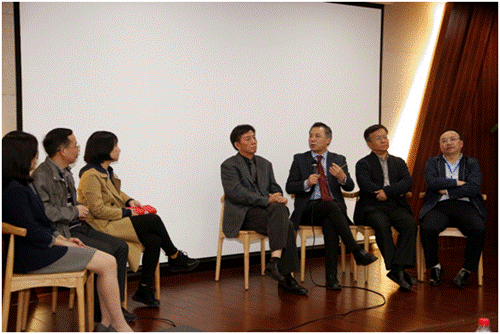
In the second session of the seminar, Qing Fang outlined the background of the implementation of the "new liberal arts" strategy and the typical characteristics of the "new liberal arts". In view of the development of "new information management" discipline, he proposed to think from three aspects: first, cross integration with related disciplines; second, research orientation oriented to practical needs; third, innovation of research paradigms and methods. He pointed out that the discipline research of information management should have its own value judgment, pay attention to the subjectivity of the discipline, and should not lose itself in the interdisciplinary process. At the same time, the discipline needs should be consistent with the needs of the country, society and nation.
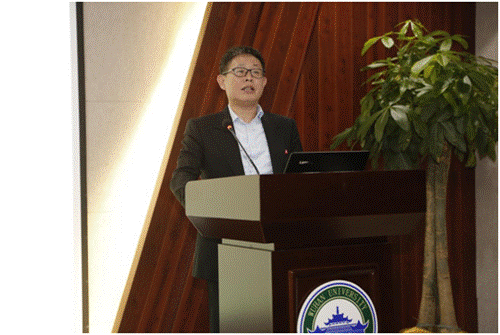
In his speech, Shuiqing Huang showed the evolution and changes of words and sentences in the past 20 years by measuring the words and sentences in People's Daily. He briefly introduced the corpus of People's Daily, and compared and analyzed the changes of sentence length and vocabulary of People's Daily in the past 20 years with detailed and accurate data, reflecting the high degree of consistency between the words and sentences used in People's Daily and the times.
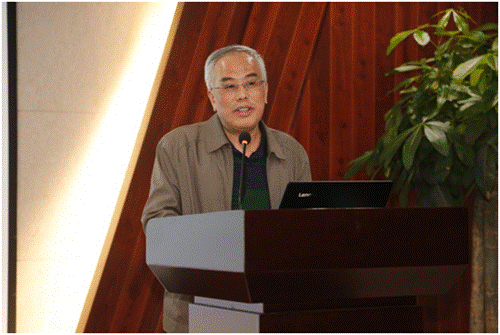
According to Jingli Chu, journal papers are the reflection of Library Information research. Based on his experience as editor in chief of a journal, he expounded ten outstanding problems in Library Information research. Firstly, it does not belong to the subject of Library Information science; secondly, it sets up false (fake) propositions for demonstration; thirdly, it lacks sufficient data and factual support; fourthly, it lacks independent thinking and innovation; fifthly, it lacks substantive significance; sixth, it is keen on building models and lacks practical application value; seventh, it deviates from the mainstream of Library Information, and the research theme value is limited; Eighth, it lacks of in-depth investigation and research with little practical guidance; Ninth, pay attention to technical details, lack of macro vision; the last is to summarize experience and lack of academic innovation. He pointed out that high level academic papers should have academic value and application value.
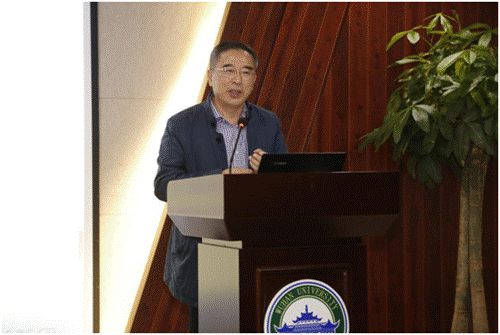
Xiwei Wang shared how to plan the layout of Data Science and interdisciplinary development on the basis of adhering to Library Information science. In his opinion, first, we should focus on information analysis ability, give full play to the advantages of Library Information scholars, promote the deep integration of science and technology and economic and social development in various fields, and make contributions to national development and national rejuvenation with the guidance of demonstration; second, we should build Library Information service capacity supported by data, build knowledge service around knowledge map, and strengthen the construction of new think tanks; we should promote the integration of science and technology and economic and social development in various fields; third, We should enhance the innovation ability of scientific and technological information, carry out interdisciplinary research, promote the in-depth cooperation between industry and university, and serve the national overall innovation and development strategy.
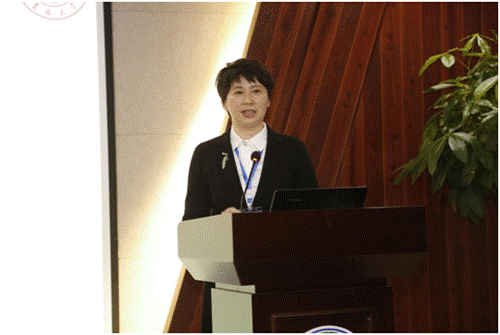
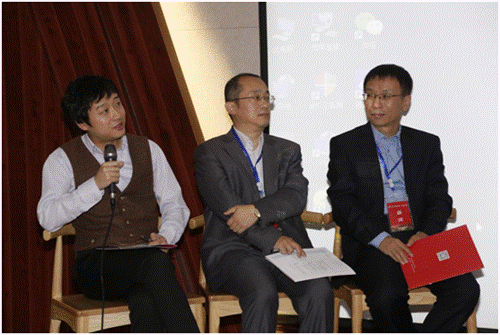
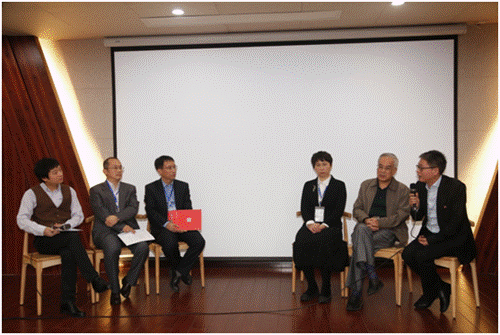
In the warm atmosphere, the seminar came to a successful conclusion.
